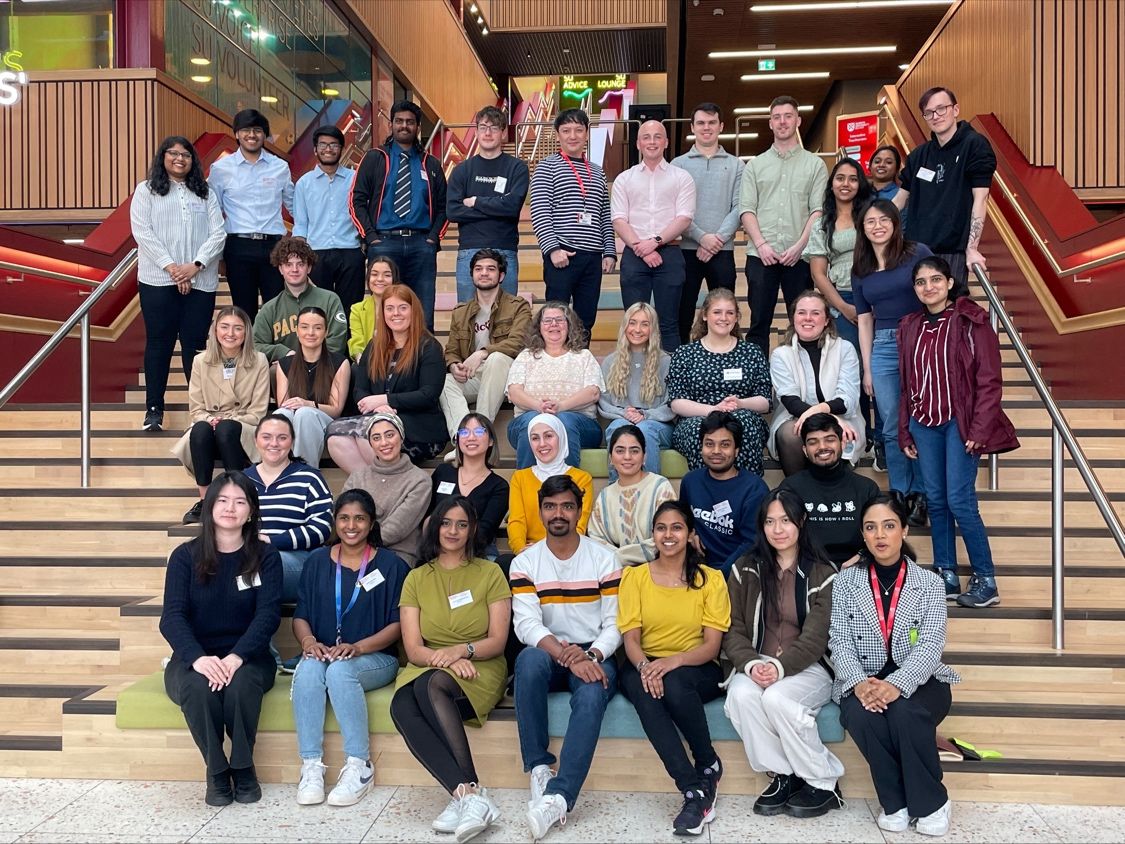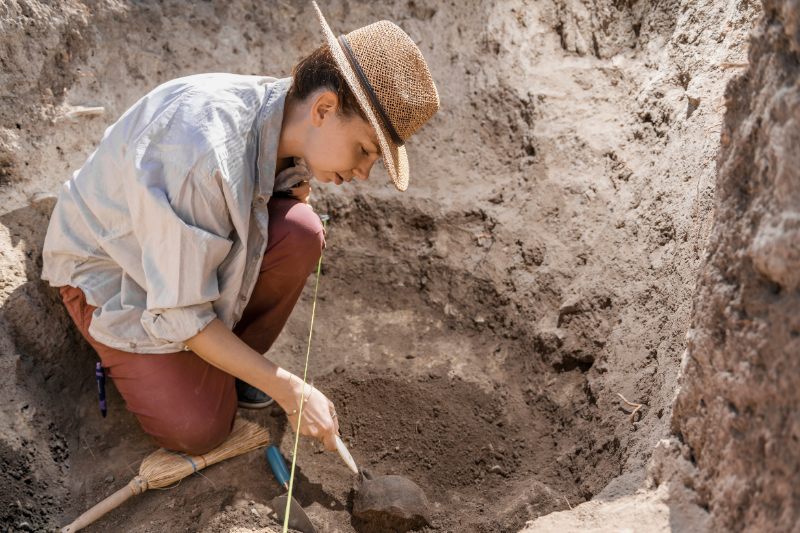2024 saw the return of our popular Future-Ready Skills for Leaders Programme in Careers, Employability & Skills.
Around 50 students took part in this year’s programme, which offers ann opportunity for any student of any discipline or level to build commercial awareness and develop teamwork, management, leadership and presentation/negotiation skills.
Participants worked in teams, through a series fast moving but fun business games and challenges to win prizes. Each team was mentored by an Employer representative.
There were some fantastic business ideas, design skills and prototypes on display, and the teams sold their products well to our team of judges at the Innovation Fair.
Thanks to all the students who took part, and to all the Employers for their help with bringing the business ideas to life this week.
It was a fun three days, with some great opportunities for networking and some new friendships formed.
We are also happy to announce we came second, (highly commended), at the AHECS Employability Awards in Dublin in the ‘Supporting Student / Graduate Employability’ award category for the Future-Ready Skills for Leaders programme.
Big congratulations to our Careers Consultant Emma Lennox who was managing the programme. The Careers team really enjoyed the awards and communicating the benefits of the programme to other Careers professionals in various educational institutes.
Check out Queen’s University Belfast Masters student Malavika Mahendranat’s blog about their experiences of the three day programme.
Hear what some of our other students had to say about their experiences on the programme:
These few days have been honestly indescribable for me. I had the opportunity to participate in a series of business games and challenges which helped me to develop my teamwork, leadership, and strategic thinking skills. The program was designed to be dynamic and engaging, constantly challenging us to think on our feet and collaborate effectively under pressure. I was also impressed by the diversity of the participants, who came from a variety of disciplines and backgrounds like undergraduates, postgraduates, and PhD students. Overall, it was an unbelievable experience that left a lasting impact on me.
Aaditya Joshi, Queen’s University Belfast student.
As a Humanities postgraduate who does not usually venture into the realm of business events, the FRS-Leaders Program was one phenomenal way for me to begin exploring the unknown, get outside my comfort zone, and to inculcate important values necessary to improve one’s quality of life.
Ashwin Somanath, Queen’s University Belfast, Postgraduate Student
I loved meeting, laughing, creating and collaborating with all of you! Thanks a tonne, Careers Queen’s University Belfast !
I had so much fun completing the Future- Ready skills for leaders programme over the last 3 days! I really enjoyed the challenges , developing my skills and getting to meet new people! A big thank you to everyone involved
Sophie Wylie, Queen’s University Belfast student
I must extend my gratitude to Emma Lennox, (Queen’s Careers Service), for her outstanding training sessions. I always enjoy her program, and I can feel tons of effort behind designing the session, inviting speakers and judges, and preparing those materials. I also learned a lot from Patricia Durkin, (Queen’s Careers Service), about generating a business idea from scratch. We are so solution-driven, and Patricia guided us to consider problems, which was crucial for business and leadership.
Yanglu Alex Wang, Queen’s University Belfast, PhD Researcher
Looking forward to working with you in the near future
Some of my key insights of the Future-Ready Skills for Leaders programme include:
Uma Ravi, Master’s Student, Queen’s University Belfast.
– Leadership is about diverse styles, from leading by example to empowering others.
– Mistakes are part of the journey; resilience and perseverance are key.
– Empathy, anticipation, and confidence are vital for effective leadership.
– Continuous learning is essential; staying curious and seeking knowledge keeps you ahead.
– Engaging in hands-on learning enhances practical problem-solving abilities.
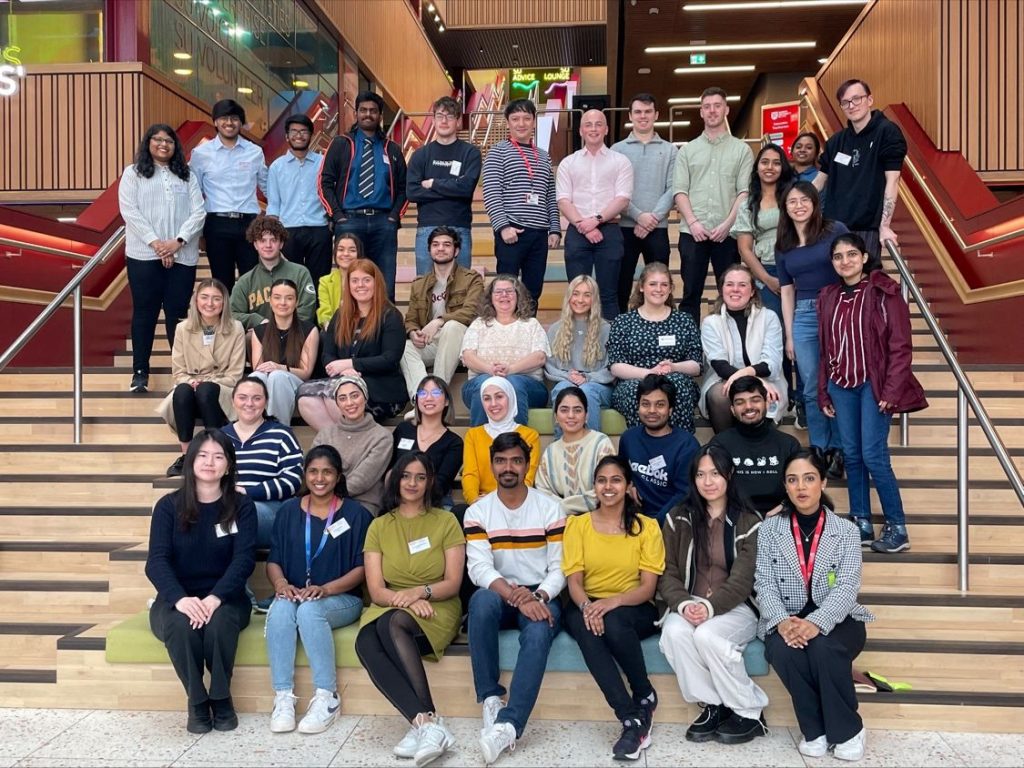
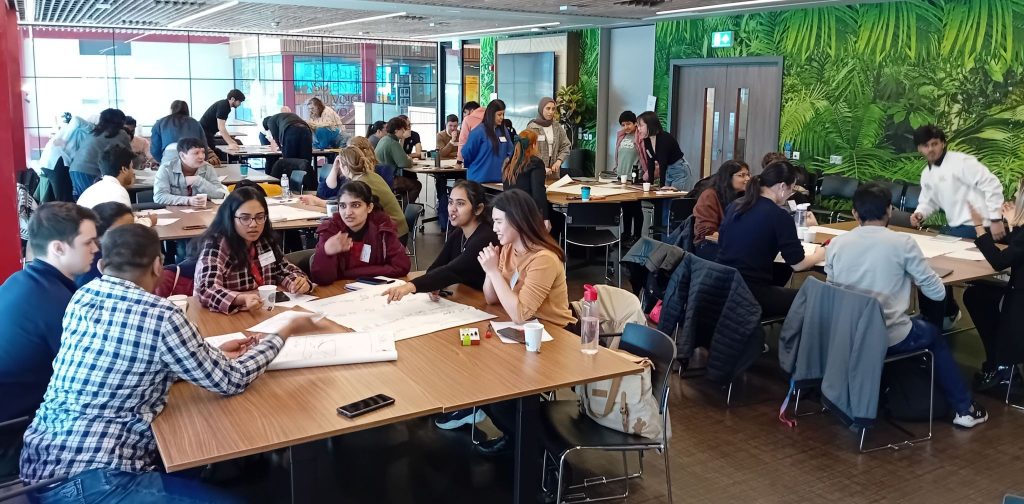

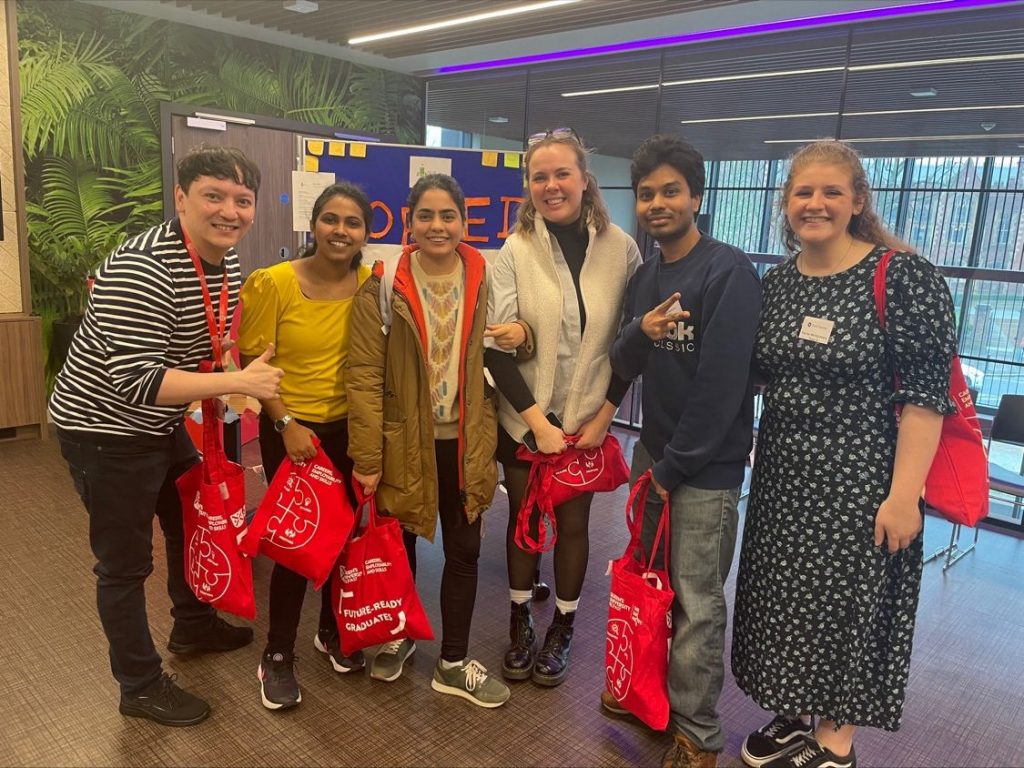
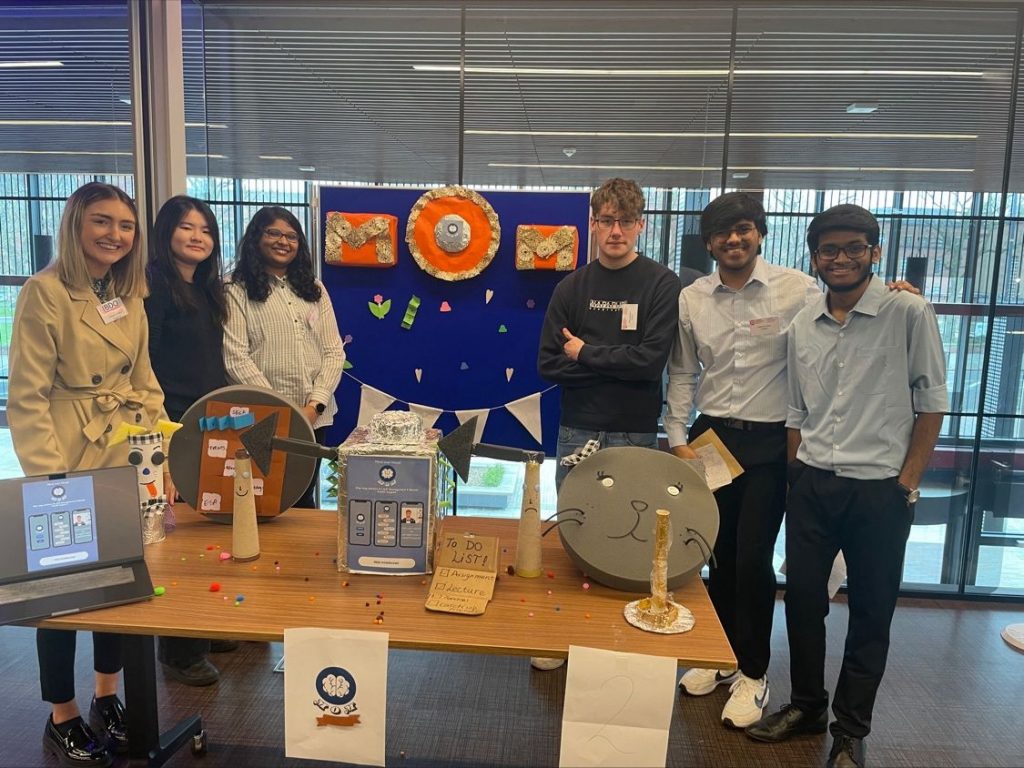




Find out more about the Future-Ready Skills for Leaders programme.
